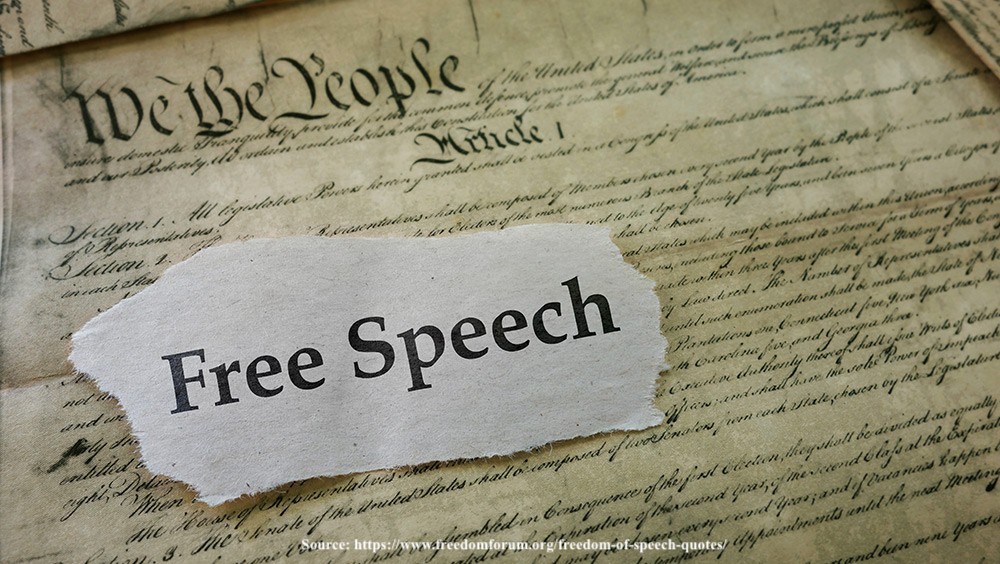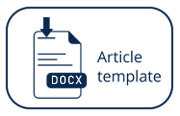On the Case of Locke’s Limit of Free Speech, and Its Justification

Downloads
John Locke’s Second Treatise exists as one of the fundamental concepts in modern political thoughts, acting as a basic foundation of liberalism at its early stages due to its core concepts focusing around freedom of speech and expression. His understanding of said freedom, however, comes with a limit centred around both direct and indirect harm, which acts as this article’s main point of interest. The author argues that Locke’s implementation of a limit on free speech does not impede the people’s freedom at all, but instead serves to create an environment where every opinion matters, no matter the origin, be it from a majority or minority. To support this argument, the author has put forth three claims based around several parts of the Second Treatise, along with case studies relating to them. As a result, Locke’s emphasis on the limits of free speech advocated for a wide-ranging opportunity for everyone to declare their opinions freely and openly, necessitating vigorous debates between opinions without resulting in friction between differing groups, acting as a tool for progress instead of conflict. To conclude, Locke reveals a nuanced understanding of freedom of speech while highlighting its role as a cornerstone of early liberalism while acknowledging limits around harm, and contending that his imposition of boundaries fosters inclusive environment while encouraging debates between opinions, and ultimately promotes progress in a society.
Copyright (c) 2023 Hasanuddin Journal of Strategic and International Studies (HJSIS)

This work is licensed under a Creative Commons Attribution 4.0 International License.















